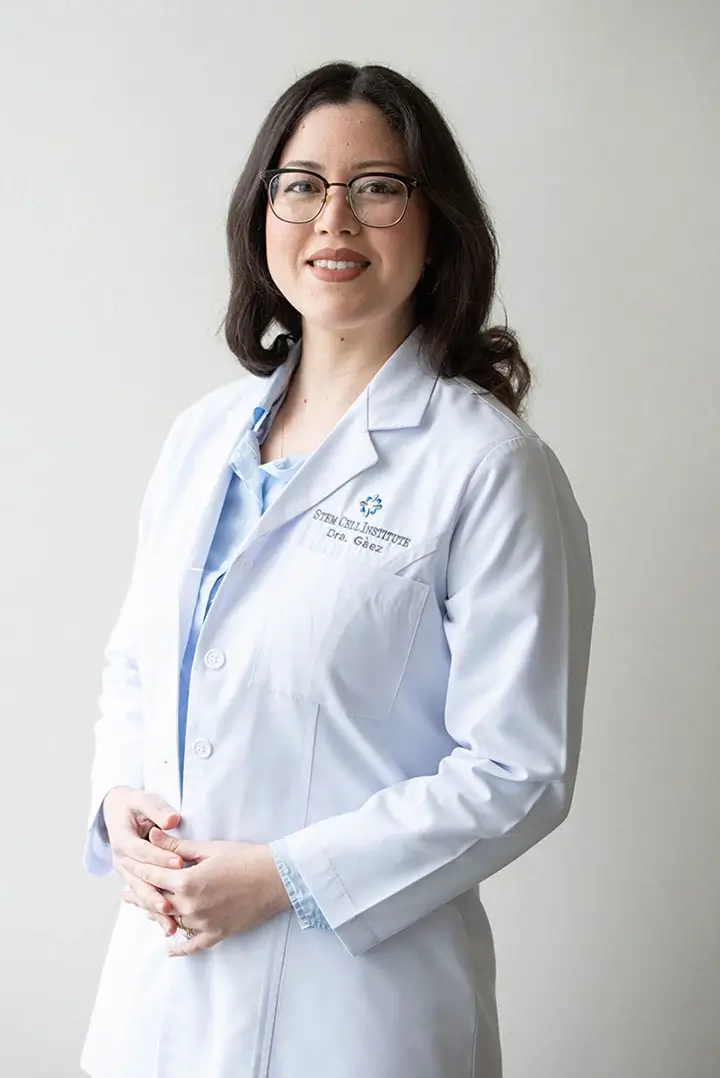Achilles tendinopathies can cause severe distress in humans, but in horses such conditions can be fatal. Now, after having treated over 1,500 race horses with an autologous adult stem cell therapy that has demonstrated both safety and efficacy in the horses, researchers will begin testing the procedure on humans.
The privately owned British biotech firm MedCell Bioscience announced today that it would begin clinical trials within 12 months, and plans are also being formulated to conduct a larger study at several participating European hospitals in 2011. As with the horses, the human adult stem cell therapy will consist of autologous (in which the donor and recipient are the same individual) adult stem cells, thereby eliminating any risk of immune rejection.
According to Dr. Nicola Maffulli, an orthopedic surgeon and specialist in sports medicine, “The move from clinical veterinary to human medicine is inspiring and unusual. We normally see the translation happening the other way around. I am very excited to be involved in the human studies and hope that the results will herald a new era in the treatment of musculoskeletal soft tissue injuries. At present the management of human tendinopathy is more an art than a science, but this approach could potentially reverse that situation.”
A number of adult canine and equine stem cell therapies have already been used with great success for conditions that include, among other ailments, compressive spinal cord damage, bone fractures, diabetes, laminitis (an inflammatory hoof condition that is common in horses), arthritis, joint and cartilage injuries as well as diseases of the heart and liver. The use of autologous adult stem cell therapy is becoming increasingly popular in veterinary clinics around the world, and the U.S. biotech company Vet-Stem is frequently in the news for the consistent success that it achieves in the commercialization of this procedure. Likewise, a number of similar companies in other countries are also reporting similar success, such as MedCell Biotech in the U.K., which was originally formed as a spin-off from research conducted by surgeons at the Royal Veterinary College of London.

